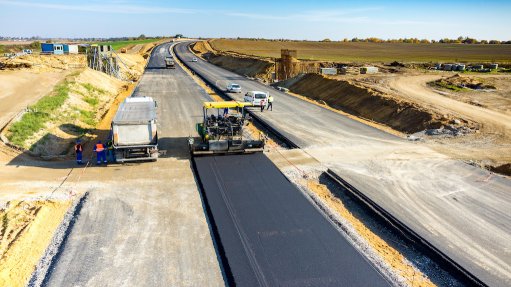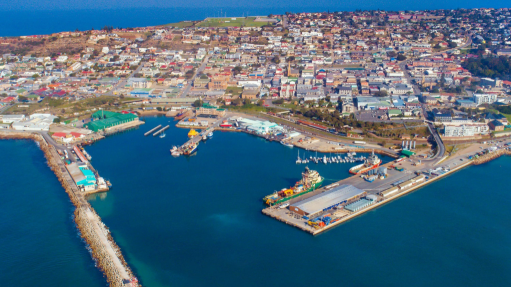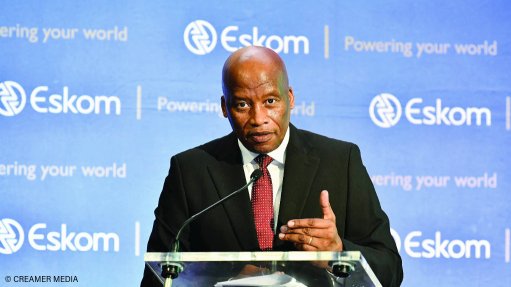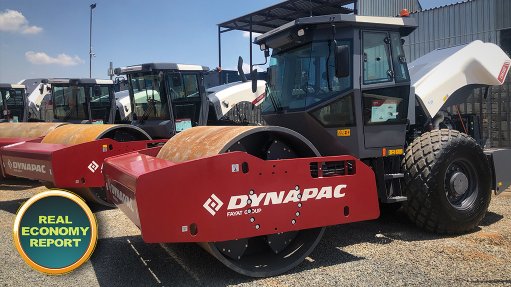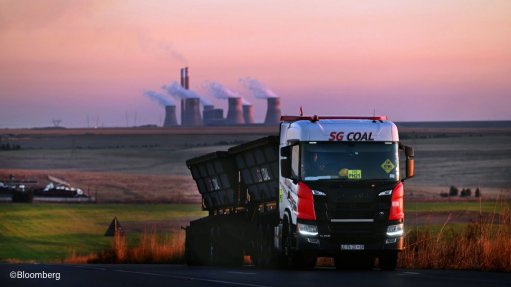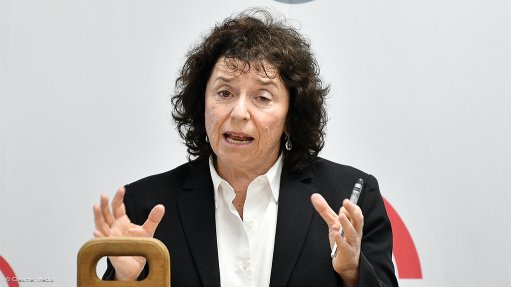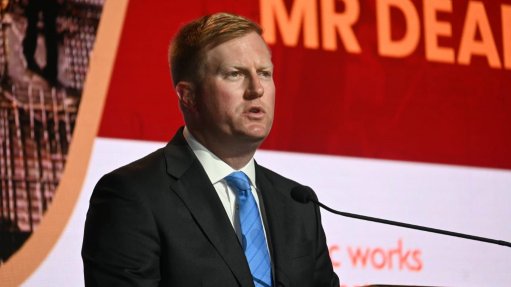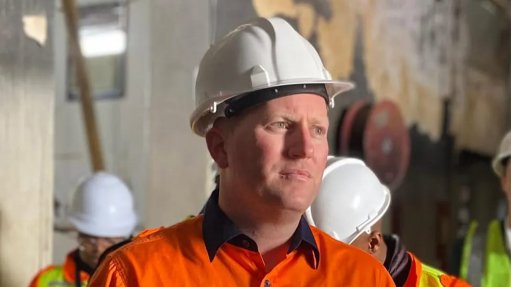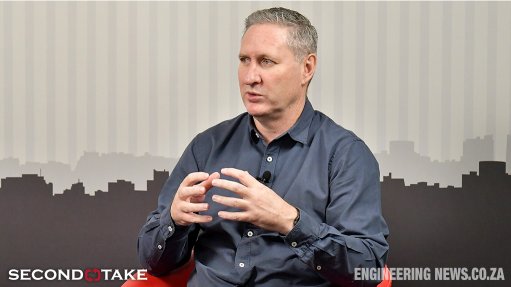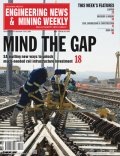Mercedes-Benz CEO praises 65 years of manufacturing excellence in South Africa

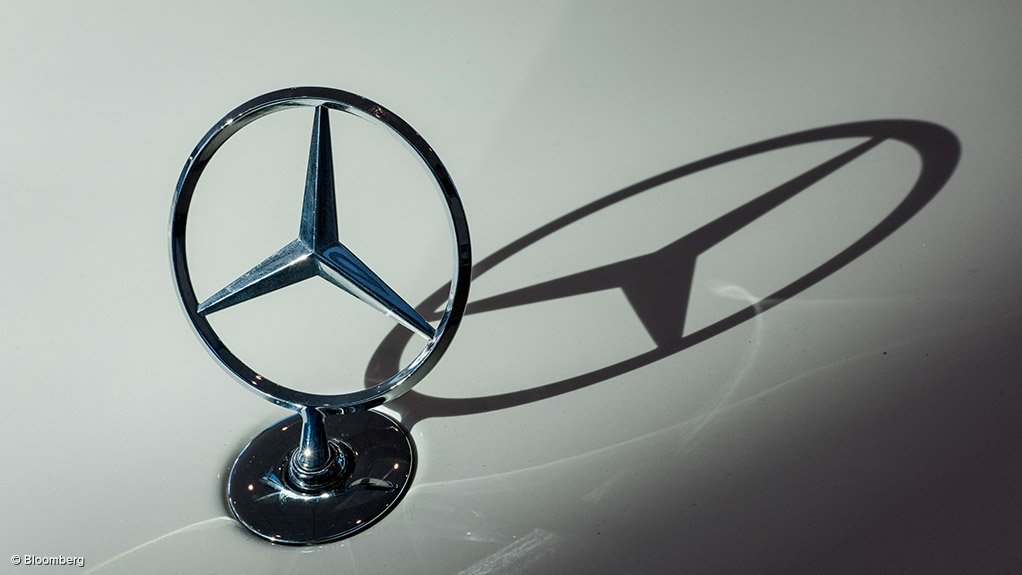
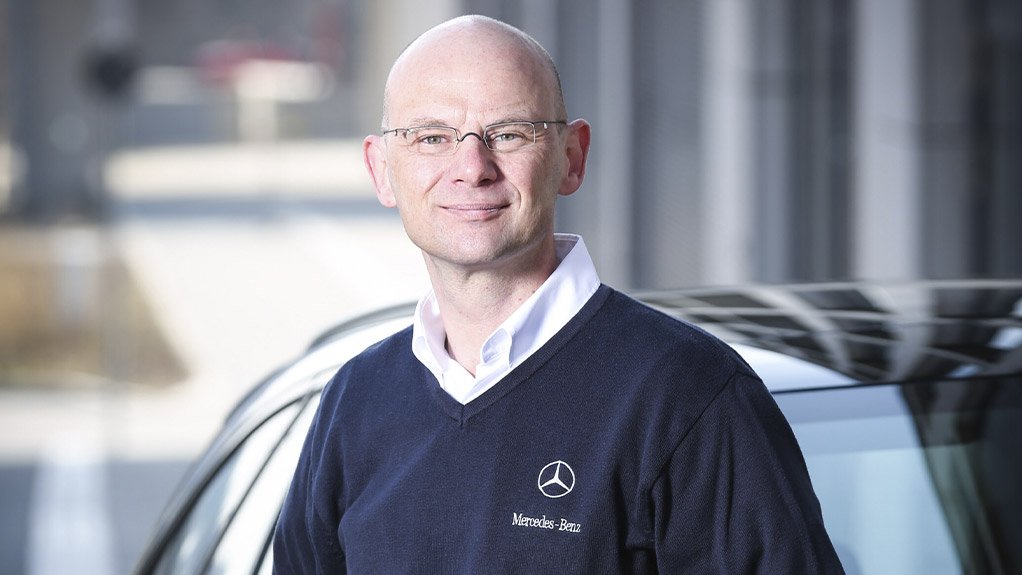
Photo by Bloomberg
Mercedes-Benz South Africa CEO and manufacturing executive director Andreas Brand
Automotive manufacturer Mercedes-Benz South Africa CEO and manufacturing executive director Andreas Brand on August 3 highlighted the significance of the automaker’s 65 years of manufacturing operating in South Africa, and the benefit this has held for the South African economy and the Eastern Cape.
Speaking at a stakeholders’ dialogue event to celebrate the company's 65 years of manufacturing excellence in South Africa, at the company's local headquarters in East London, he enthused that the company has “world-class production” capabilities.
He also discussed how this has contributed to the company’s legacy of manufacturing passenger vehicles in South Africa.
"We delivered a R13.5-billion investment into the world-class manufacturing facility that we have here. This includes high-end technology in all shops and also our different divisions, including our suppliers.”
He emphasised the importance of South Africa’s integration with the global economy, after recent events such as the Covid-19 pandemic disrupted global supply chains.
This has forced countries to look for alternative trading partners in case supply chains are disrupted similarly in the future, he added.
“We export to about 80 countries from this facility. The automotive sector is strongly integrated with the global footprint, and we are strongly dependent on that global integration,” Brand said.
Owing to the need for this integration, he stressed the importance of South Africa doing more to attract investors into local sectors such as the automotive manufacturing sector.
He also stressed the severity of the challenges South Africa is experiencing in terms of electricity supply, how this is negatively impacting on the automotive manufacturing sector and the urgent need to address this challenge.
In addition to energy, Brand also highlighted the urgent need for South Africa to invest in logistical infrastructure – such as roads and port facilities – to support exporting activities that companies such as Mercedes-Benz conduct.
He also stressed the importance of sustainability, particularly as climate change continues to contribute to the decline of natural resources that are needed to sustain societies, and that investments Mercedes-Benz has made will support the sustainability of the company and reduce its impact in terms of carbon dioxide emissions.
“August 2 was Earth Overshoot Day. This marks the day that humanity’s demands for ecological resources and services, this given year, exceeds what the earth can generate in the year”.
LOCAL AND GLOBAL SECTOR OUTLOOK
Also speaking at the event, economic advisory and consulting company Naha Advisory founder and MD Dr Thabi Leoka highlighted the vital role that manufacturing and automotive manufacturing in particular can play in growing the local economy and creating jobs.
She also highlighted challenges that local manufacturers are having to contend with.
“This sector is expected to slow down to 3%, and the main drivers of the slowdown in economic growth is countries such as the US, the UK, China and Europe. This is also coming in a post-Covid environment, where we experienced a cost-of-living crisis, high interest rates, high inflation and floods that have occurred in KwaZulu-Natal.”
These challenges have come in addition to supply chain delays, which she stressed were beginning to “unwind”.
She emphasised the need for global manufacturing hubs to be diversified and moved to regions such as Africa. This will help maintain timeous exports, imports and trade.
She also explained that high inflation has caused a negative impact on top of supply chain disruptions, as companies were forced to create products using higher priced items owing to supply chain delays. This was particularly the case for countries such as South Africa, which have low domestic demand from low economic growth.
“We are however seeing that inflation come down, particularly with rapid inflation decreases in places such as the US and Europe. While the US hiked interest rates at the end of July, this will probably be the last one for a while.
“Lowering inflation is positive for vehicle manufacturing, as it will make motor vehicle sales more attractive,” she said.
Leoka also stressed the challenge of the lack of electricity supply South Africa is experiencing, and that this has had an impact on the country’s gross domestic product (GDP).
“Looking at South Africa's GDP from 2010 to 2020, it's less than 1%. If you take that and you start at 2015 to 2025, economic growth is again less than 1%.
The National Development Plan outlined that, to achieve 5% GDP growth, reform was needed, particularly of sectors such as transpiration and telecommunications, and remove barriers to entry.
“This hasn’t happened however.”
Despite these challenges, however, she did point out that inflation in South Africa was beginning to recede, particularly as the South African Reserve Bank has tried to contain inflation.
She also discussed the challenge that high rates of unemployment, particularly for young people in a country with a young population, holds for South Africa’s manufacturing sectors.
“There are also many South Africans of school-going age who are not at school or receiving any training or education. Who is going to be employed by our manufacturing firms if the younger generation is not at school?
When you have a multinational organisation like Mercedes-Benz investing in this country, they want to expand and employ. Who will they employ when young people looking for work cannot be absorbed into the labour market?”
Owing to this, she stressed the need for government to create an environment that enables young people to be employed and trained by large companies.
“Sectors that employ the most, and that we get a lot of revenue from in terms of exports and imports, are not growing. Manufacturing is shrinking.
“The fastest growth is in the finance sector, which employs educated people, who are highly skilled. It's not however trainable and doesn't give us the revenues that we need. Manufacturing however typically employees low-income workers. It's tradeable, and we get very high revenues from it. Manufacturing and mining have a symbiotic relationship, so they should work together.”
She also explained that, in addition to high input costs such as electricity, the volatile South African currency is currently encouraging local companies to import products rather than manufacture them or purchase them locally.
She further highlighted the importance of establishing manufacturing hubs in South Africa, particularly for automotive manufacturing in the Eastern Cape, and how these hubs need to be supported with enabling built and maintained infrastructure.
“We need to make sure that this this province and the city is reflective of the excellence that you see in Mercedes-Benz South Africa”.
Leoka also reflected on the US African Growth and Opportunity Act (Agoa) trade agreement, and the benefit it has had for the local manufacturing sector in allowing it to export vehicles to the US under more favourable terms.
“What have we done as a country to ensure that should Agoa be removed, do we still have those trading relationships? Have we talked to other regions where we could actually export to? We need to look for other export markets that will be accommodating our products”.
While electric vehicles (EVs) will help the country transition to emission-free transportation, she stressed that the integration of EVs into the South African and African markets needed to be done incrementally.
“The African Free Trade Agreement is also moving along and is the largest trade region in the world. Once this happens, that means that our manufacturing companies can easily export to Africa. We should be looking more at the great opportunities. We have to grow with Africa.
“Mercedes-Benz has been in South Africa for longer than 65 years. It has been our past, present, and hopefully our future. We look forward to celebrating many more years of manufacturing excellence with you,” she concluded.
Comments
Announcements
What's On
Subscribe to improve your user experience...
Option 1 (equivalent of R125 a month):
Receive a weekly copy of Creamer Media's Engineering News & Mining Weekly magazine
(print copy for those in South Africa and e-magazine for those outside of South Africa)
Receive daily email newsletters
Access to full search results
Access archive of magazine back copies
Access to Projects in Progress
Access to ONE Research Report of your choice in PDF format
Option 2 (equivalent of R375 a month):
All benefits from Option 1
PLUS
Access to Creamer Media's Research Channel Africa for ALL Research Reports, in PDF format, on various industrial and mining sectors
including Electricity; Water; Energy Transition; Hydrogen; Roads, Rail and Ports; Coal; Gold; Platinum; Battery Metals; etc.
Already a subscriber?
Forgotten your password?
Receive weekly copy of Creamer Media's Engineering News & Mining Weekly magazine (print copy for those in South Africa and e-magazine for those outside of South Africa)
➕
Recieve daily email newsletters
➕
Access to full search results
➕
Access archive of magazine back copies
➕
Access to Projects in Progress
➕
Access to ONE Research Report of your choice in PDF format
RESEARCH CHANNEL AFRICA
R4500 (equivalent of R375 a month)
SUBSCRIBEAll benefits from Option 1
➕
Access to Creamer Media's Research Channel Africa for ALL Research Reports on various industrial and mining sectors, in PDF format, including on:
Electricity
➕
Water
➕
Energy Transition
➕
Hydrogen
➕
Roads, Rail and Ports
➕
Coal
➕
Gold
➕
Platinum
➕
Battery Metals
➕
etc.
Receive all benefits from Option 1 or Option 2 delivered to numerous people at your company
➕
Multiple User names and Passwords for simultaneous log-ins
➕
Intranet integration access to all in your organisation








